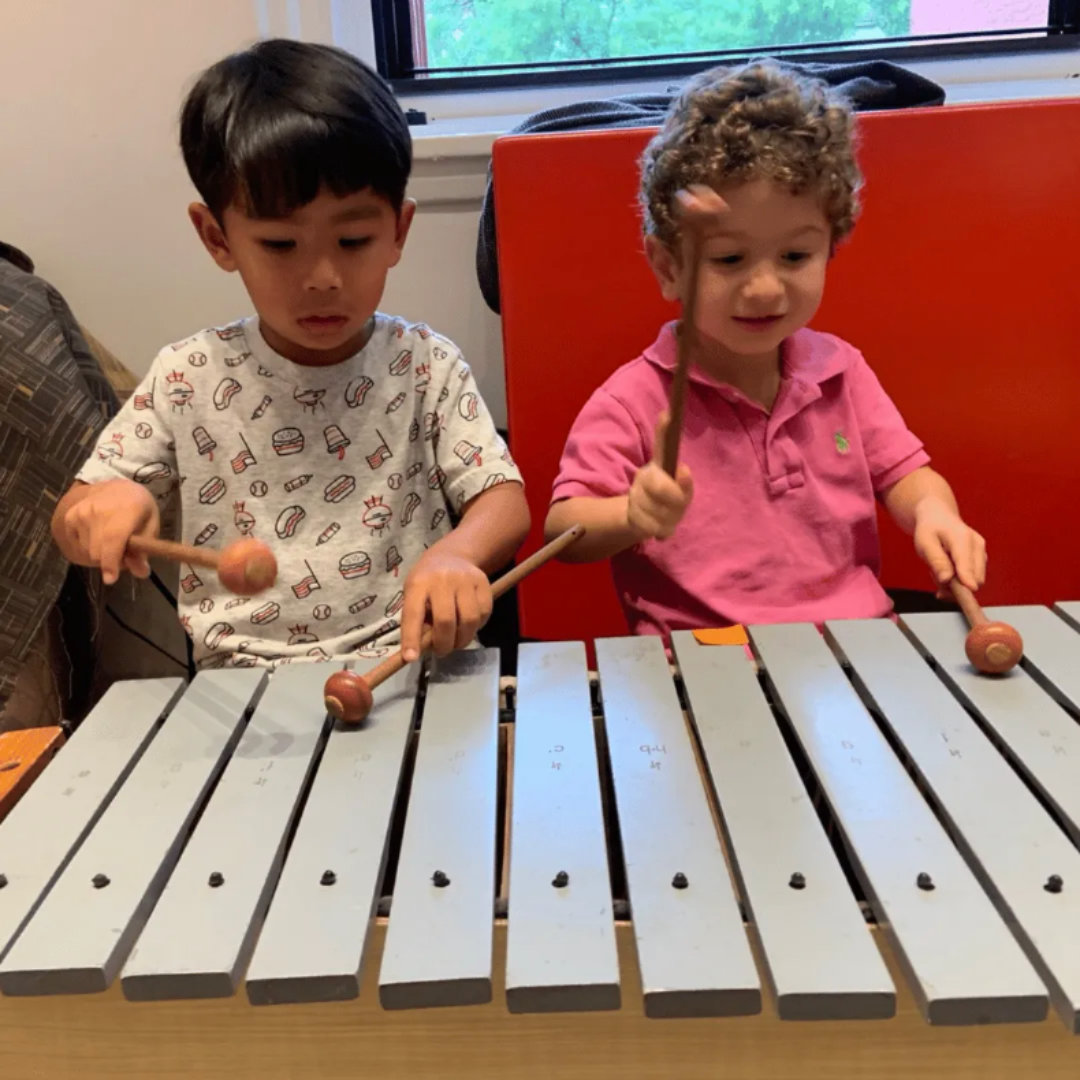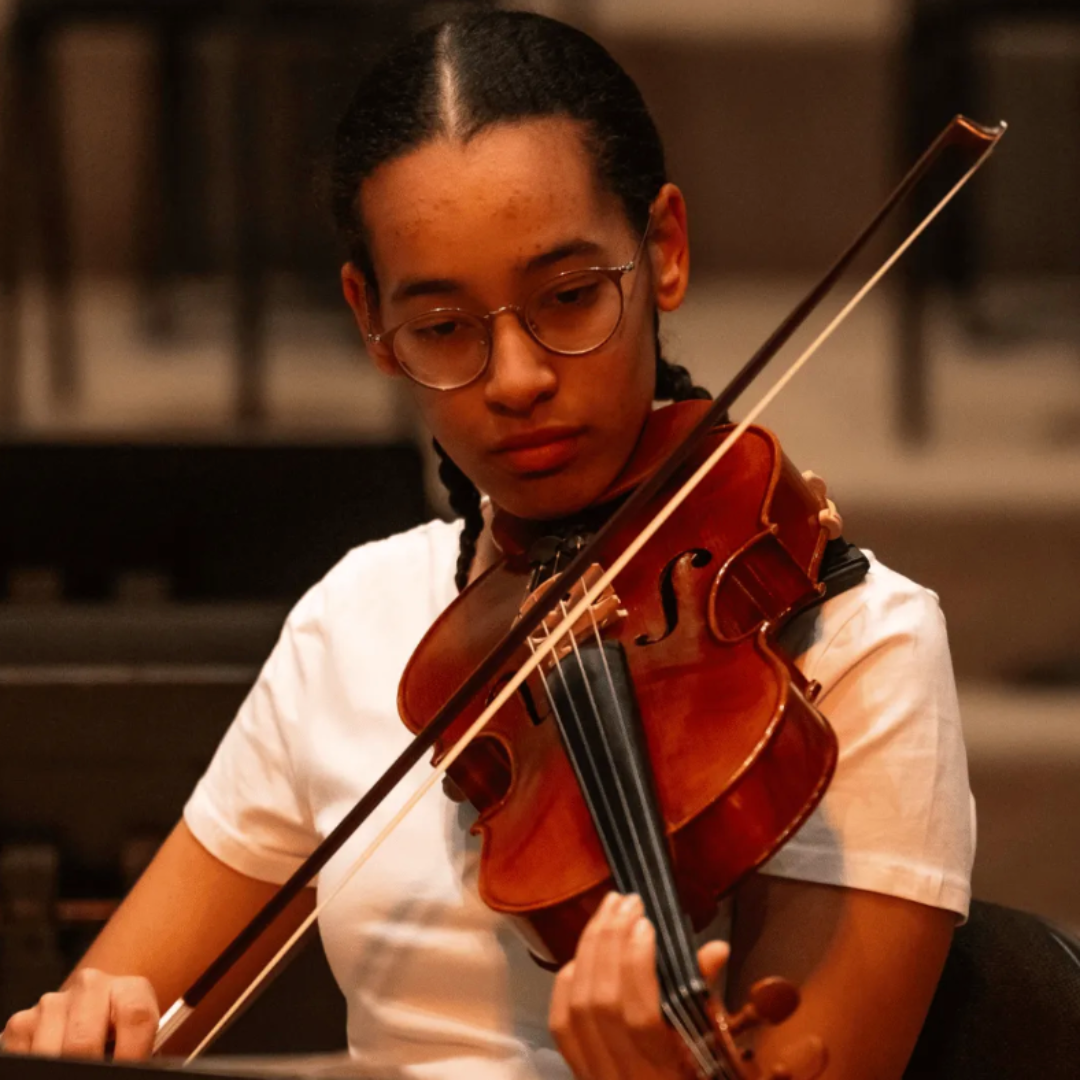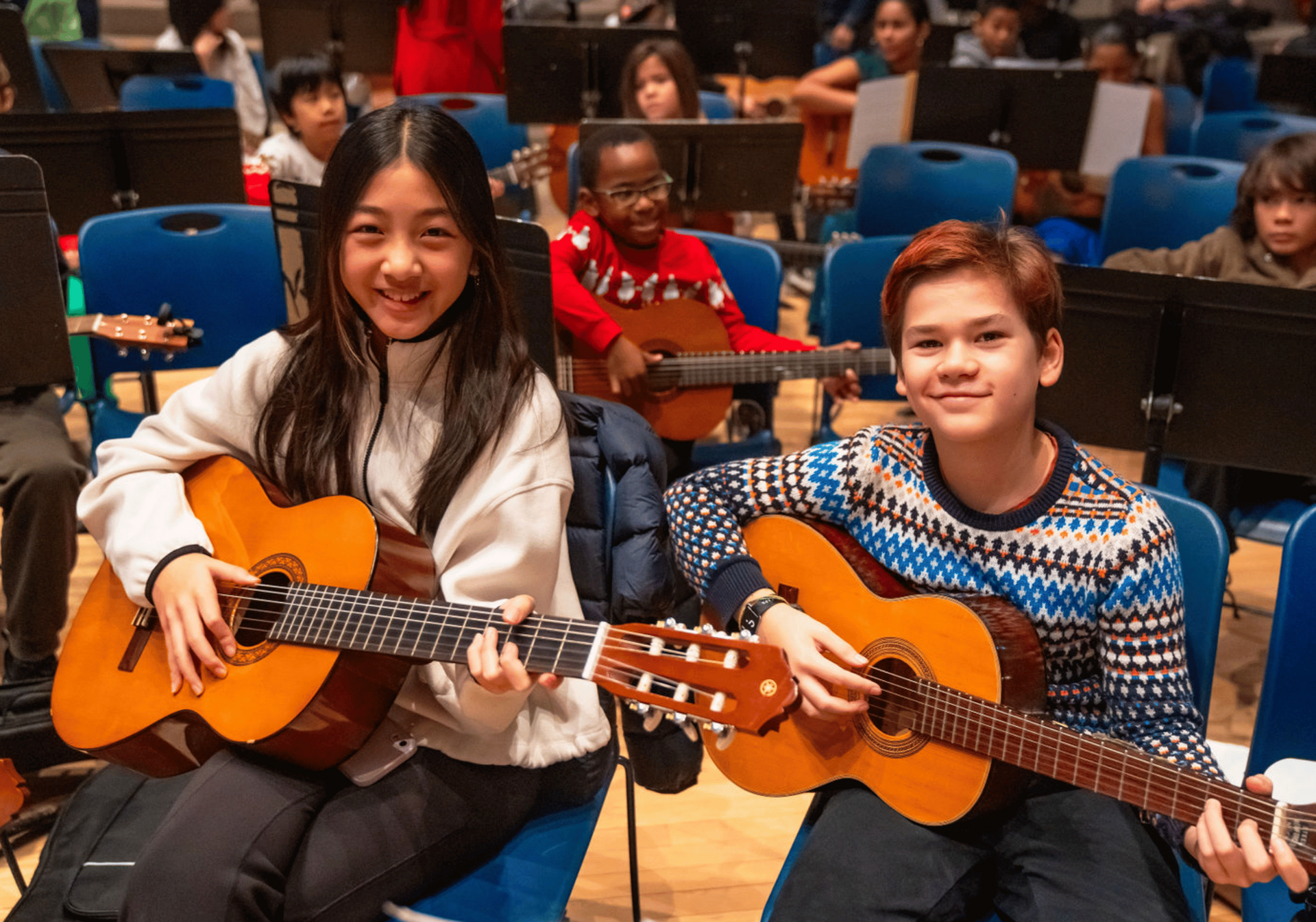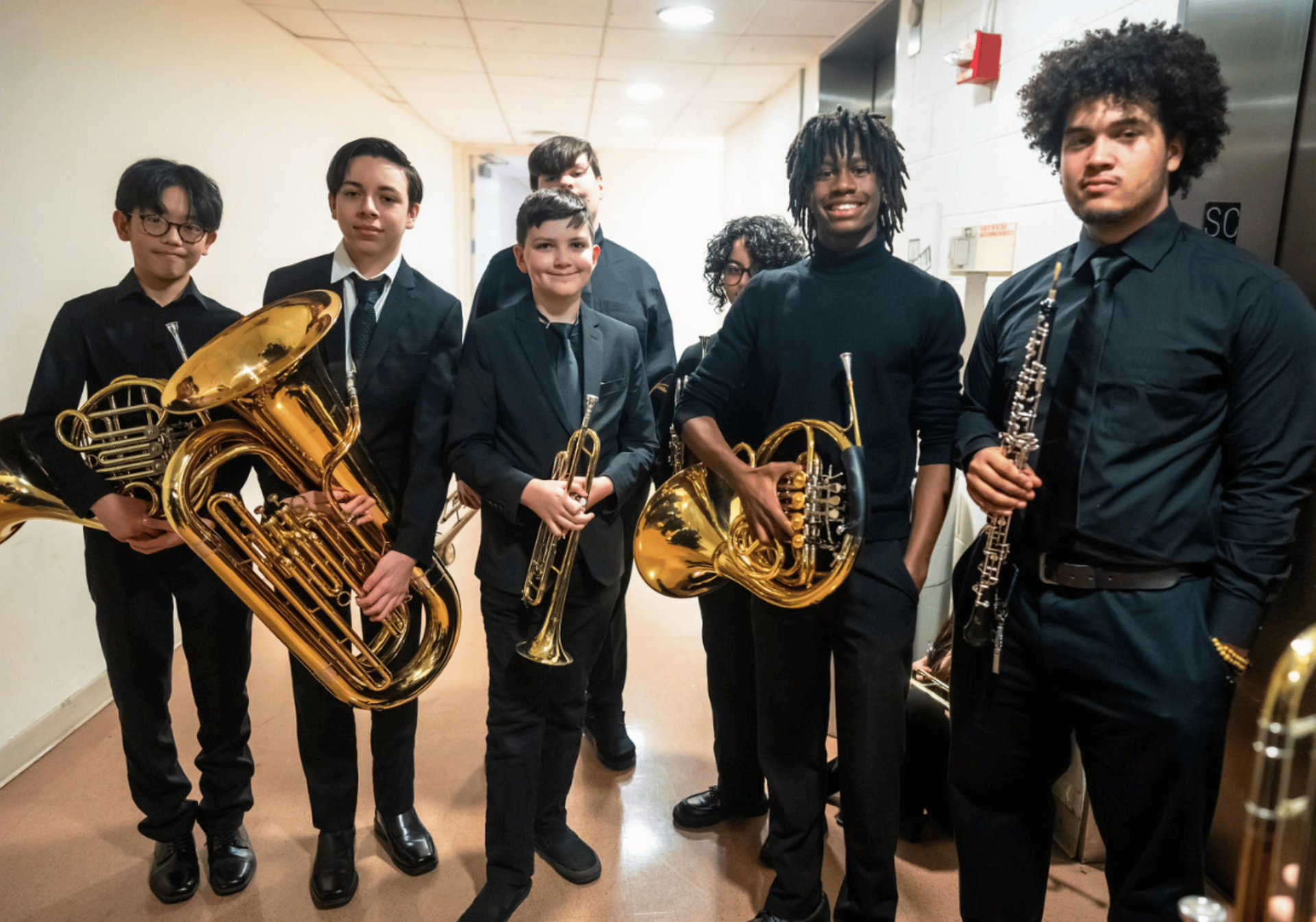INCLUSION & ENGAGEMENT
Third Street is for Everyone.
Throughout our long history, Third Street Music School has been deeply committed to fostering a welcoming and supportive environment for students of all ages, ethnicities, religions, and socioeconomic backgrounds. The Third Street community is proud of our settlement house roots and is dedicated to building on this heritage of equity and inclusion.
A message from Director, Student Services, Inclusion & Engagement, Loyi Malu
Third Street Music School is dedicated to fostering an environment that is inclusive, free of discrimination, and in which all members of the community can participate, contribute, and thrive.
Third Street will not tolerate violence or discrimination rooted in racism, antisemitism, gender bias, ageism or ableism. Any form of harassment based on race, color, national origin, sex, disability, age, or religion is not permitted. We will not condone any action or behavior that violates these core beliefs.
All Third Street staff and faculty are required to support this policy and take immediate action to ensure an environment that is welcoming and free of discrimination. We expect all members of our community to support Third Street’s core commitment to diversity, equity, and inclusion.
Task Force
1. Completed action plans around maintaining and supporting a diverse faculty, curriculum and pedagogy, and policy.
2. Our work is filtering out beyond task force planning to implementation throughout the organization, working with relevant departments to move toward our goals.
Resources/Access
1. We continue a generous financial aid program (over $1M in subsidies and need based aid, including full scholarships to students in foster care and shelters)
2. Instrument/material access from books and vouchers to home deliveries of instruments (including keyboards!)
3. Maintain a small collection of new and gently used dance shoes that students can use should the need arise.
4. Our Third Street Partners team delivered multilingual information about our free programming hand to hand at our partner schools to ensure that information was distributed equally to all families.
Professional Development
1. The majority of faculty and staff have attended trainings and workshops (Talking About Race, Unconscious Bias in the Classroom, Black Composers in Classical Music and Undoing Ageism).
Curriculum/Repertoire
1. Collaborated with more BIPOC artists in masterclasses and guest performances
2. Faculty are highlighting more repertoire by composers from underrepresented communities
3. Sessions with Third Street Partners faculty, allowing space for conversation and idea sharing around ways to bring in varied repertoire and navigate implicit bias
4. Resource library - faculty have been both drawing from and contributing to this growing repository
Policy
1. Microagressions – we have a policy and procedure rooted in restorative justice. Frameworks for anyone who has experienced, committed or witnessed a microaggression.
2. Hiring policy - analyzed and revamped with department chairs and hiring managers, posting positions widely, broadening our networks, developing and fostering relationships with other organizations
3. Deliberately and thoughtfully hiring personnel committed to diversity, equity and inclusion
4. Job board – where anyone can see what opportunities are available ThirdStreet.nyc/careers
ACHIEVEMENT - In the Fall 2023 hiring cycle, 50% of new employees to Third Street represented BIPOC communities
Celebrations
1. The Cultural Celebrations series consists of workshops, performances and events highlighting various cultures, identities and intersections in our community
2. Expanded series from 2 events to a full year of activity and school-wide engagement with culturally specific content
3. We have increased the in-school & online presence acknowledging a wider scope of culturally significant events throughout the year as well as providing resources and professional development for our faculty to support participation.
The Mission to achieve equity, Diversity, inclusion and accessbility
Throughout our long history history, Third Street Music School has been deeply committed to fostering an environment that is welcoming and supportive to students of all ages, ethnicities, religions and socioeconomic backgrounds.
The Third Street community is proud of our settlement house roots and we are dedicated to building upon this heritage of equity and inclusion. We recognize that racism is insidious and is present in all aspects of society, including the arts and education. As members of the arts community and educators of the next generation, we are dedicated to confronting underlying issues that have gone unnoticed or unaddressed.
Third Street endeavors to dismantle systemic barriers that disproportionately affect communities of color. We apply equal care to identify and rectify any system of oppression based on ethnicity, gender, ability, sexual orientation, age, and religion.
Third Street Builds Community First, Last and In-Between
From the early 1900s, Third Street was already fulfilling its mission by presenting musical evenings and social events that fostered social cohesion, a component that is still integral to the school's work. Early on, for example, Third Street opened an extensive book and music collection, since public library branches were rarely found in low-income neighborhoods.
Third Street's community of supporters - financial and programmatic - has been steadfast for well over a century. Leaders in New York City philanthropy commingled with everyday New Yorkers on committees formed to carry out the school's compelling mission of "music access for all."
